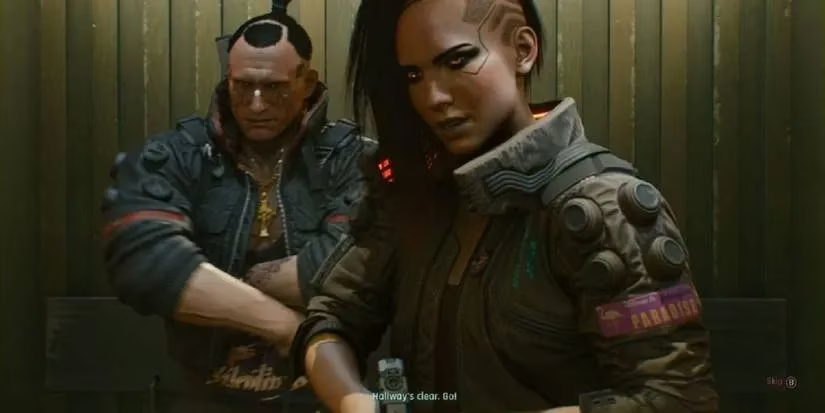The Unseen Audience: Why Blockbuster Games Whisper to Investors Years Before Release
Explore how gaming giants like Rockstar and Bethesda manipulate delays and reveals to sway investors, turning players into collateral in a high-stakes financial game.
The digital dreams of gamers dangle on fragile threads of time, unraveling across years while promises echo in empty theaters. Players clutch controllers like pocket watches, ticking through seasons as titles like The Elder Scrolls 6 remain spectral visions—revealed in 2018 yet still veiled in 2025’s twilight. This dance of delayed gratification isn’t accidental theater; it’s a carefully orchestrated symphony where the front-row seats belong not to fans, but to shadow architects in tailored suits. Let’s cut to the chase: when Rockstar teased GTA 6’s neon-soaked chaos or Bethesda whispered of Tamriel’s next chapter, they weren’t wooing us. They were serenading Blackrock and Vanguard—the trillion-dollar puppeteers pulling gaming’s financial strings.

Hype? Sure, it’s the glitter on the surface. But dive deeper, and you’ll find quarterly reports breathing louder than Discord servers. Take-Two Interactive’s stock charts twitch like nervous systems every time GTA 6 flickers on investors’ radars. When shares ballooned by 40% post-announcement, that wasn’t gamers cheering—it was hedge funds high-fiving over yacht upgrades. CD Projekt Red’s Cyberpunk 2077 blueprint? Revealed in 2013’s innocence, it wasn’t just passion—it was a seven-year loan application stamped with Keanu Reeves’ smirk. Developers gotta eat, and guess what? They need investors to bankroll the buffet before a single polygon gets rendered.

The machinery groans under real-world tremors—war rattling S.T.A.L.K.E.R.’s developers, pandemics freezing pipelines—but cash remains the relentless heartbeat. Public studios dance to Wall Street’s metronome; private ones like CDPR still court private equity with premature trailers. It’s a vicious tango: announce early, seduce capital, then scramble to match the CGI mirage. Remember when Starfield’s delay made Xbox stocks wobble? Exactly. Investors demand reassurance that their millions won’t evaporate like respawn points. And with AAA development cycles now stretching toward decade-long marathons, early reveals aren’t exceptions—they’re survival tactics.
| Game | Reveal Year | Release/Status | Investor Impact |
|---|---|---|---|
| The Elder Scrolls 6 | 2018 | Still in development (2025) | Bethesda stock stabilized during Starfield turbulence |
| GTA 6 | 2022 | 2025 release | Take-Two shares surged 52% post-announcement |
| Project Orion (Cyberpunk sequel) | 2024 | TBA | CDPR secured $200M funding round within months |
| Mass Effect 4 | 2020 | Development rebooted | EA avoided stock dip during studio restructuring |
So where does this leave players? We’re collateral in a high-stakes poker game. Our anticipation fuels Twitter storms, but shareholder confidence moves mountains of money. When Star Wars Eclipse trailer dropped years before production even started, it wasn’t about building wishlists—it was lighting signal fires for venture capitalists. The poetry of it all? Games now birth themselves backward: first the hype, then the funding, finally the code. As development timelines bloat like overfed dragons, early announcements mutate from marketing flukes to industry oxygen.
Yet whispers linger in the loading-screen silence: What happens when investor patience snaps before games launch? Can studios balance quarterly smiles against creative integrity? Maybe the real endgame isn’t on consoles at all—but in boardrooms where pixels translate to portfolios. After all, in this theater of dreams, the most powerful controllers aren’t held by gamers... but by those who’ve never touched a joystick.